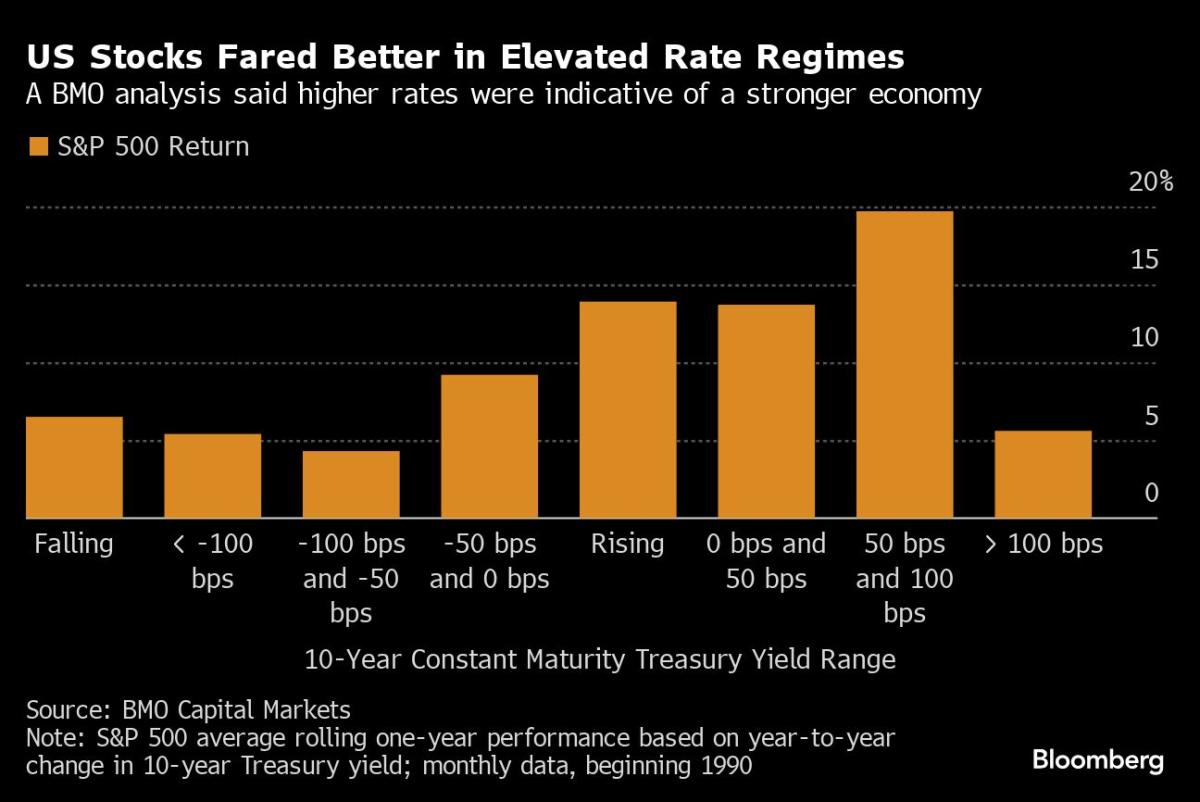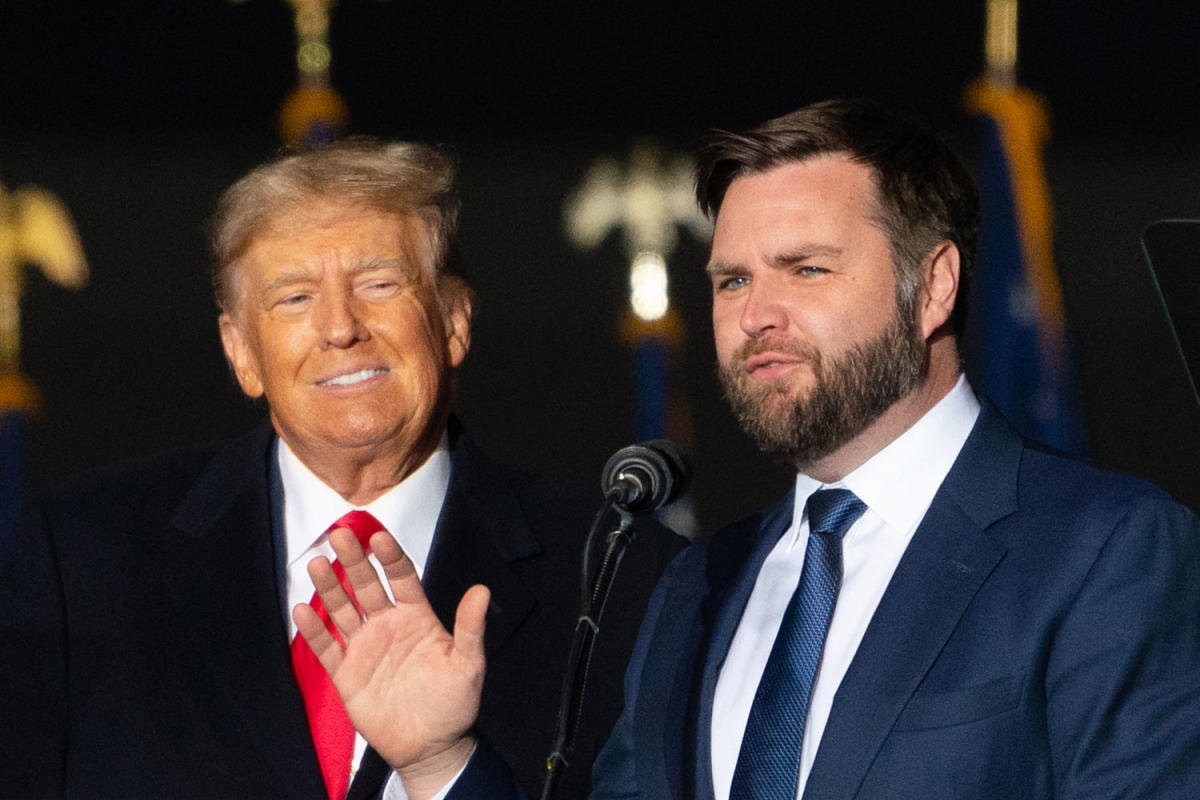This article is part of HuffPost’s biweekly politics newsletter. Click here to subscribe.
Mike Johnson’s rise to speaker of the House over the past week was so quick and so improbable that it’s only now his record is starting to get attention.
Hoo boy, is there a lot to consider.
The Louisiana Republican now in his fourth term led efforts to overturn the 2020 election. He voted for a national abortion ban. He has called for criminalizing gay sex.
But wait, there’s more. Johnson also has supported repeal of the Affordable Care Act ― a.k.a. Obamacare.
You might be thinking it doesn’t really matter. Republicans control neither the Senate nor the White House, after all, and these days they don’t seem especially interested in health care anyway. During the big 2019-20 legislative fight over President Joe Biden’s proposal to lower prescription drug costs, the most notable thing about the Republican opposition was the lack of it. They barely said a word.
The same goes for the Affordable Care Act, which is quite a change from the many years Republicans talked endlessly about repealing it. They finally got their chance in 2017, while Donald Trump was president and Johnson, then new to Congress, voted yes. The effort famously failed, but not before provoking a massive political backlash that helped Democrats retake control of the House ― and, two years later, the presidency and Senate too.
These days, it’s news when a Republican even says the word “Obamacare.”
But that doesn’t mean Republicans have made their peace with the 2010 health care law, or that they’ve given up on their ideas for replacing it with conservative alternatives. And you’ll find no better proof than in a 2019 proposal from the Republican Study Committee, which at the time Johnson was leading.
The word “repeal” appears only a few times, always in a narrow context. But the pieces of repeal legislation are all there. Three in particular stand out.
A Rollback Of Preexisting Condition Protections
About half of the 58-page document is a look at the high cost of American health care, its effects on individual Americans and the many ways, according to Republicans, the Affordable Care Act is responsible for these problems. A big focus is the law’s regulations prohibiting insurers from denying coverage or charging higher premiums to people with preexisting conditions, and requiring that all policies include basic, “essential” benefits.
The report says these regulations made insurance more expensive, which is true in the sense that it means insurers today can’t turn away people with serious medical needs or stop paying their bills. That costs money. And while the GOP report acknowledges that the Affordable Care Act’s tax credits offset those higher costs for most people, it says that’s an inefficient way to get people coverage and warns that it still leaves many Americans with high bills.
This proposal would be just as sweeping in its effects as the repeal and replace plans Congress debated in 2017.KFF’s Larry Levitt on the 2019 Republican Study Committee proposal
Again, there’s a lot of truth to both. But the Republican alternative Johnson and his allies supported would roll back the existing regulations, preserving guarantees of coverage only for people who keep continuous coverage and ending the federal requirements on essential benefits. And it would end the current subsidy scheme, replacing it through a mix of tax changes and support for new savings accounts.
It’s hard to be precise about the effects this would all have today, because the GOP report doesn’t have a detailed budget. But, at a conceptual level, this is pretty much what Republicans were proposing with their repeal bills in 2017: Fewer rules governing what insurance has to cover, and less government assistance to help people buy insurance.
Virtuallyeveryindependentanalysisat the time concluded people in good health could get access to cheaper insurance premiums, but only because people in worse health would be stuck with higher premiums or out-of-pocket expenses ― or no ability to get coverage at all.
To put it more simply, it was a way of shifting the costs of medical care onto the people who need it. There’s every reason to think the proposal Johnson and his allies published in 2019 would do the same thing.
An End To Medicaid Expansion
The GOP report has a whole section on what it calls “The ACA’s failed Medicaid expansion.” That’s a reference to arguably the law’s most consequential change: Federal funding that allows states to expand Medicaid, the half-century-old insurance program for low-income Americans, so that anybody with income below or just above the poverty line is eligible. Previously, most states limited enrollment to certain groups of people, like children and pregnant women.
The expansion, which all but 10 states have now adopted, is the primary reason the number of Americans without insurance has plummeted to historic lows. A large body of academic research shows that Medicaid expansion has made a real difference in people’s lives, by improving their financial, emotional and physical well-being. But of course it too costs money, with the federal share alone exceeding a hundred billion dollars every year.
And that’s not the kind of spending Republicans ― or Johnson ― have ever supported for this sort of program.
The GOP document envisions ending the expansion in a two-step process. It would start with a moratorium on new state expansions, at a time when resistance in holdout states has been softening. (Expansion has even picked up some momentum in Mississippi.) Then the federal government would reduce the extra money it’s been providing states for expansion, until there was no extra money at all.
Analysis of similar provisions in the 2017 repeal proposals predicted a rollback would cause millions to lose their insurance coverage. The GOP document doesn’t directly acknowledge this. Tellingly, the word “uninsured” appears only a half dozen times.

Then-President Barack Obama, center, is applauded after signing the Affordable Health Care for America Act during a ceremony with fellow Democrats on March 23, 2010, in Washington, D.C.
A Big Cut For ‘Traditional’ Medicaid Too
The GOP document doesn’t simply envision undoing Obamacare’s Medicaid changes. It also calls for a fundamental change in the program’s structure: Johnson and the Republicans want to shift Medicaid from an open-ended entitlement, meaning funding rises when demand for Medicaid coverage rises, to a fixed, pre-set sum called a “per capita cap.”
Yes, that too was a feature of the 2017 proposal and, again, the analysesfound it would lead to less money for Medicaid over time. Of course, this is precisely the point from the conservative point of view: To spend less money on Medicaid. But Medicaid is already widely understood to be underfunded. Reduce the program’s funding further, and it’s going to mean fewer services covered or fewer people eligible for coverage.
It’s simple math. And it’s virtually certain to affect the most vulnerable groups on Medicaid, even though that is who Republicans say they want to protect. If you want to know what that would mean in real life, consider an Ohio college student with cerebral palsy I wrote about back in 2017 — and what the Medicaid cuts under discussion then could have meant for him.
A Question Of Priorities ― And Labels
The GOP document Johnson and his allies produced has other elements too ― some novel, some familiar to anybody who remembers the repeal battle. But the basics haven’t changed: “Republicans have been very quiet publicly of late about repealing the ACA, but this proposal would be just as sweeping in its effects as the repeal and replace plans Congress debated in 2017,” Larry Levitt, KFF’s executive vice president for health, told me via email.
The big question at this point is whether Republicans would actually take another run at repeal, given the political hazards. Polls show a majority of Americans now support the Affordable Care Act and, for all of its flaws and inadequacies, it’s become part of the status quo — people have come to expect its protections — in a way that historically has made programs difficult to dislodge. (I wrote a book on that transformation if you’re interested.)
Johnson, for his part, hasn’t said it is a priority ― or even if he stands by the proposal he and his allies put out in 2019. When I asked his office about it on Friday, Corrine Day, his communications director, gave me this statement: “The Speaker will work within the Conference to build consensus on a health care plan. The Conference acknowledges the need to fix our broken system, and they will examine solutions to increase quality of care and reduce cost.”
But the lack of political visibility for health care generally and Obamacare specifically can cut both ways. Precisely because Republicans like Johnson no longer talk about repeal, describing their initiatives as efforts to “personalize” health care and “protect the vulnerable,” few seem aware of what they are actually proposing. That could make it easier to enact their agenda, or at least big chunks of it.

Amanda Smith is a dedicated U.S. correspondent with a passion for uncovering the stories that shape the nation. With a background in political science, she provides in-depth analysis and insightful commentary on domestic affairs, ensuring readers are well-informed about the latest developments across the United States.








